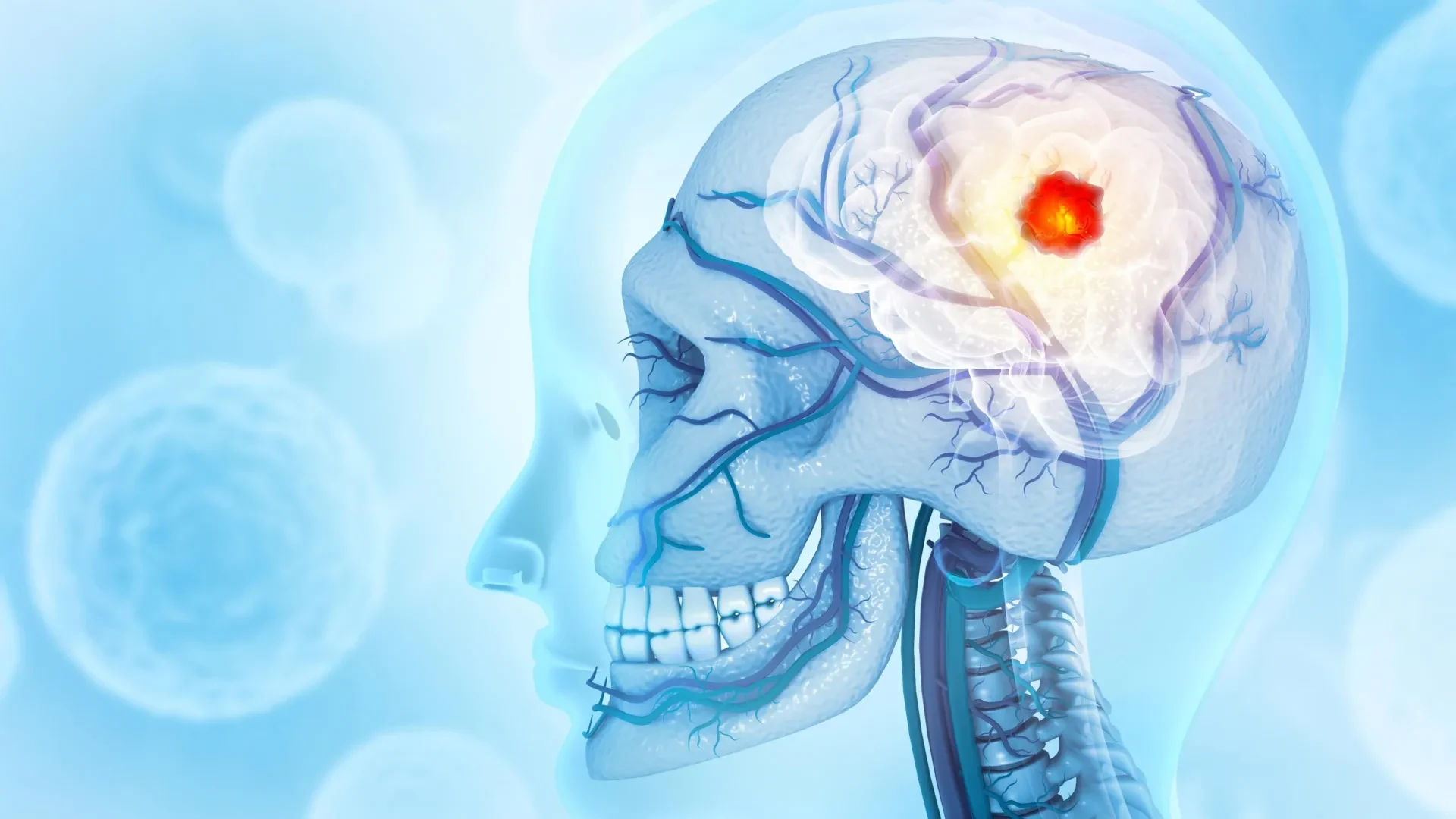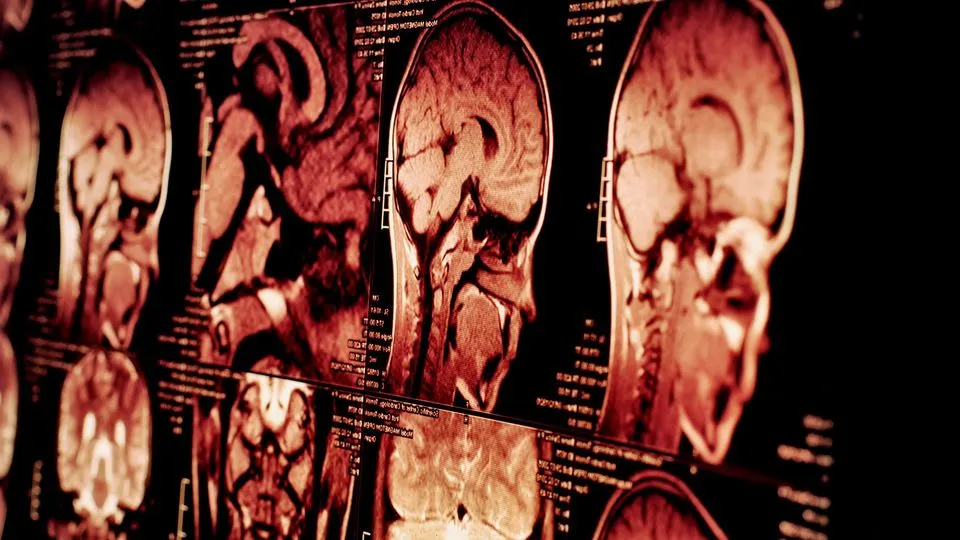A groundbreaking study reveals glioblastoma, the deadliest brain cancer, erodes the skull to manipulate the body's immune system, changing how scientists view the disease.

October 6, 2025

Source:
Medical Xpress
A Paradigm Shift in Cancer Biology
Scientists have made a startling discovery about glioblastoma, the most aggressive form of brain cancer. Research from the Montefiore Einstein Comprehensive Cancer Center reveals the tumor actively erodes the skull and hijacks the body's immune system.
This finding challenges the long-held view of glioblastoma as a disease confined to the brain. Instead, it is now being understood as a systemic condition that wages a two-front war: one in the brain and another within the skull's own bone marrow.
The Skull Under Attack
The study, published in Nature Neuroscience, found that glioblastoma causes significant bone loss in the skull. Key observations include:
Bone Erosion: The cancer creates microscopic channels, eroding the skull, especially at the sutures where bone plates join.
Unique Behavior: This destructive behavior is unique to glioblastoma and other malignant intracranial tumors. It is not seen with strokes, brain injuries, or other cancers that spread to the bone.
Keep up with the story. Subscribe to the PR+ free daily newsletter

Source:
ScienceDaily
Immune System Hijacked for Tumor Growth
The erosion of the skull is not a random act of destruction. It is a strategic maneuver by the cancer to gain access to the rich supply of immune cells in the skull's bone marrow.
Once breached, the tumor fundamentally alters the marrow's cellular environment. "The cancer opens channels that allow an influx of inflammatory cells from the skull marrow into the brain, fueling the tumor's growth," noted researchers. This process disrupts the body's natural defenses.
A Corrupted Defense
The study details a significant shift in the immune cell population within the skull marrow.
The balance tips in favor of pro-inflammatory myeloid cells, which are co-opted by the tumor to support its growth.
Immune cells that would typically fight the cancer are suppressed or diminished.
This manipulation effectively turns the immune system against the body, exacerbating the disease and contributing to its lethality.
Read More

Source:
Technology Networks
Share this news:




















